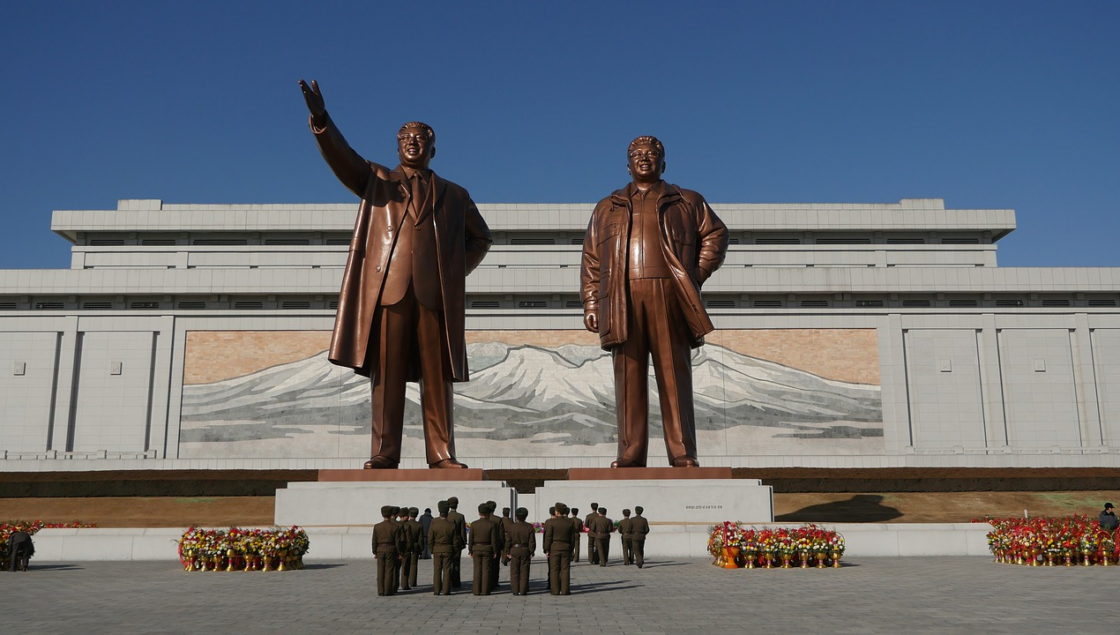North Korean Group Accused of Operating Illegal Gambling Websites for South Korean Crime Ring
A North Korean entity named Gyonghung Information Technology, consisting of 15 members and based in the Chinese border town of Dandong, is reportedly involved in creating and maintaining illegal gambling websites for a South Korean cybercrime organization. According to South Korea’s National Intelligence Service (NIS), this operation has been a lucrative endeavor for both parties involved.

Financial Transactions and Allegations
The NIS reports that the North Korean group received an initial payment of $5,000 from the unnamed South Korean criminal organization for the creation of an illegal gambling website, with an additional maintenance fee of $3,000 per month.
Depending on user traffic, the North Korean entity could earn between $2,000 to $5,000 extra, with payments routed through Chinese nationals’ bank accounts and the global online payment service, PayPal.
It’s believed that this North Korean group operates under Bureau 39, a secretive division tasked with managing funds for North Korea’s leader, Kim Jong-un. The NIS disclosed that each member of this organization remits approximately $500 monthly to the North Korean government.
Cybersecurity Threats and Profits
Led by Kim Kwang-Myong, a former official of North Korea’s primary intelligence bureau, the Reconnaissance General Bureau, the organization has also been accused of embedding malicious codes into the websites to extract personal information from users.
Meanwhile, the associated South Korean crime ring has reportedly amassed significant profits, running into multi-trillions of won, from these operations. Investigations into these allegations are currently ongoing.
The NIS has obtained evidence, including photos and video footage, that reveals the activities of the North Korean group, showcasing the members’ real and fake identities as Chinese nationals. This evidence sheds light on a broader issue where North Korean IT organizations, camouflaged among North Korean workers in China, engage in illegal activities to generate foreign currency.
International Implications and Sanctions
This revelation comes against the backdrop of United Nations Security Council sanctions imposed in 2017, which prohibit North Korean nationals from working in China.
These sanctions aim to curb North Korea’s ability to fund its nuclear weapons and missile development programs. The NIS’s findings highlight the sophisticated means by which North Korean entities continue to navigate around international sanctions to secure funding for the regime.
